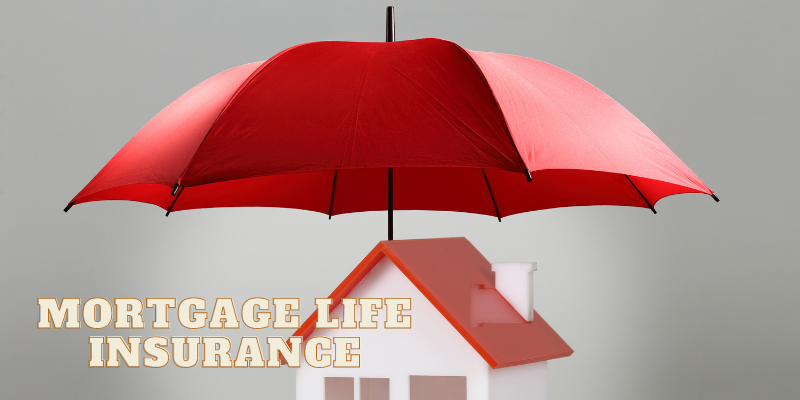
Mortgage protection insurance isn’t the mortgage insurance most Canadians are familiar with, the one you need to buy, generally from the Canada Mortgage and Housing Corp. (CMHC), when your down payment is less than 20 per cent of the value of your home
Unlike the better-known mortgage insurance, which protects lenders if homeowners default, mortgage protection insurance is, essentially, a type of life insurance. It covers your mortgage debt if you die or become disabled.
Banks generally try to sell homeowners this type of insurance when they sign up for a new mortgage. Insurance premiums are then seamlessly added to their monthly mortgage payments.
Here are FOUR things you should know:
1. The payout from mortgage protection insurance shrinks with your mortgage
These kinds of policies only cover your outstanding debt, meaning the payout gets smaller and smaller as you pay off your mortgage. Insurance premiums, on the other hand, stay the same through the insurance term.2. You may find out when you file a claim that you aren’t eligible for coverage
Mortgage insurance policies are “typically underwritten after the fact,” noted Thomas. This means that the insurance company will only take a close look at your case once you file a claim.And it may very well find that something in your particular situation violates the insurance contract, which would leave your family without coverage just when they need it most. Most people NEVER read this or understand this element of the contract which is exactly why I call it a scam.
If you purchased mortgage protection insurance, comb through your policy carefully to make sure there’s nothing that could potentially exclude you for coverage.
3. Your might get saddled with higher premiums when you renew your policy
With mortgage protection insurance, you’ll need to renew your policy at the end of your mortgage term. Your new premium will be based on your — now smaller — outstanding mortgage balance, but that doesn’t mean you’ll be paying less. Because you’re a bit older, your premium won’t necessarily go down — in fact, it may go up,4. Your bank, not your family, pockets the payout
Assuming the claim goes through, mortgage insurance guarantees your family won’t have to worry about mortgage payments if you die or become disabled.In case of death, your beneficiaries can counts on a lump-sum payout that will take care of the outstanding balance. In case of disability, the policy will generally cover your monthly mortgage payments until the debt is extinguished.
But does it make sense to use the money to pay off the mortgage?
Not necessarily. Perhaps your survivors could have easily eliminated mortgage by selling the house. Or they might have preferred to use the money for other purposes, while keeping up with your mortgage payments. Mortgage protection insurance means any payout will flow out to your mortgage lender, not to you or your family.